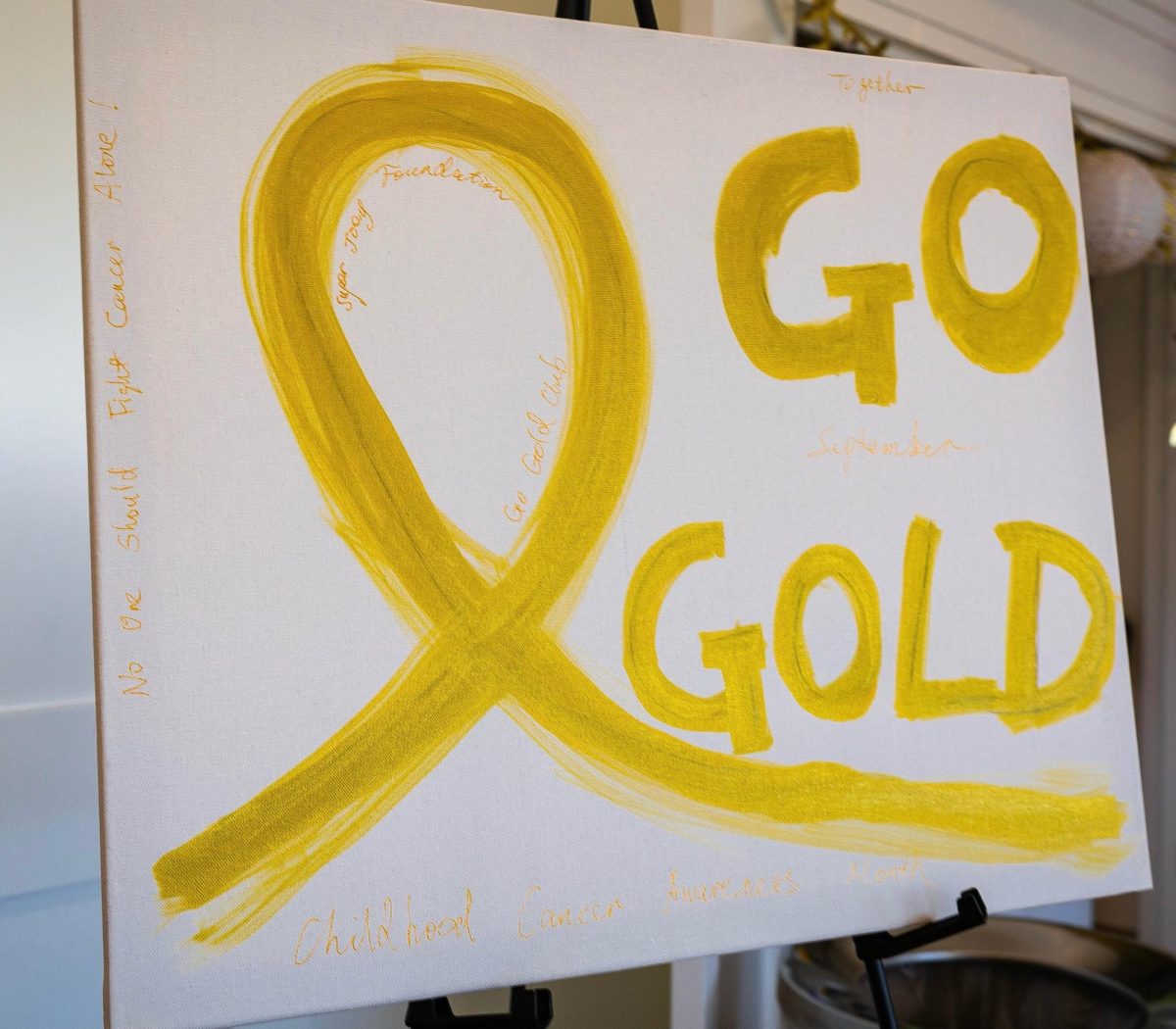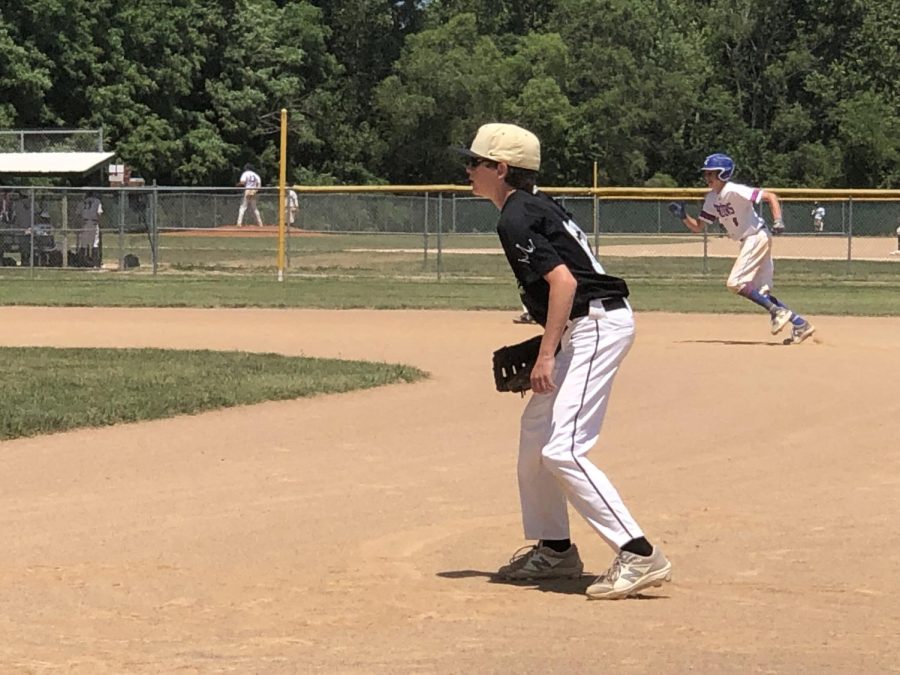In response to the sexual assault allegations against Justice Brett Kavanaugh, President Donald Trump said outside of the White House on Oct. 2, it is “a very scary time for young men in America.” Indeed, it is a very scary time for young men, as well as young women. Sexual assault is growing increasingly prevalent – 1 in 3 women and 1 in 6 men are victims of this misconduct. Despite the large number of citizens who experience sexual assault, people rarely talk about these statistics, and sexual assault continues to be normalized in society.
Kavanaugh’s confirmation exemplifies the normalization of rape culture and also disrespects victims. While it was never confirmed that Kavanaugh assaulted Ford (or the other victims who came forward), the claims should not have been so quickly discredited. Ford presented a credible case, and a large scale investigation should have taken place before Kavanaugh was confirmed. The limited investigation that took place spreads the message that victims’ voices do not matter and perpetuates the belief that coming forward is pointless.
Kavanaugh now holds one of the highest positions of power in the United States, giving rise to the idea that future perpetrators and sexual offenders will receive no punishment in society and do not need to fear a loss of power for their crimes. Putting alleged offenders into a prominent positions of power should not be tolerated.
Similarly, Kavanaugh’s confirmation has highlighted the issues of criminalizing victims. Ford has been questioned in why she did not come forward until Kavanaugh was headed toward becoming a Supreme Court Justice. This question implies doubt that Ford was assaulted in a harmful way, if at all. By questioning Ford’s motives and the validity of her pain, society transfers blame from Kavanaugh to Ford, victimizing her instead.
However, Ford and all other sexual assault victims have valid fears of coming forward. First, victims are often criminalized, not believed, or told that their pain is not valid, which can be detrimental. The victim may want to avoid this and thus be discouraged from coming forward. Secondly, seeing alleged assaulters in positions of power discourages victims from coming forward, as they feel their voice will not change anything. Finally, there is a large stigma tied to reporting sexual assault. While recent movements such as #metoo have provided victims a space to share their experiences and marked the beginning of a period where victims may publicly speak against their assaulters, the stigma has not faded. Survivors are often shamed and targeted for reporting assaults and may even receive death threats or other forms of violence, especially in high profile cases.
Such fears of criminalization and shaming are exemplified by Trump’s statement that it is a scary time to be a man in America, referring to the increasing number of sexual assault allegations. A statement such as this is incredibly disrespectful to all victims. Trump contends that many women are lying about their sexual assault, despite statistics showing the majority of Americans will be sexually harassed in some way. Trump plays into the discrediting of victims that prevents victims from coming forward in the first place. He sets victims up as liars before trial, thus criminalizing them.
Trump also appears to take the position that men’s lives are ruined when they are accused of sexual assault. However, sexual assault has a very large and horrible effect on its victims. Many will struggle with PTSD, depression, and may even by driven to suicide. Sexual assault also affects the health and often the personal life of the victim, as in 80 percent of cases the victim knows the perpetrator. Despite this, society offers no help to victims and perpetrators mainly receive little to no punishment. This is exemplified by the fact that alleged assaulters are put into high power political offices.
The president, a man with immense power, publicly shaming women speaking out against horrific acts of assault has a large effect on society. By making victims appear guilty before any sort of trial, it encourages victims to keep their assault experiences quiet. It also perpetuates the stigma against reporting assault, which causes society to blame the victim who comes forward even if the perpetrator is proven guilty in a trial. Such a culture provides a safety and insurance which makes people think they can get away with assault. In fact, 99.4 percent of rapists walk free. It may be a scary time to be accused of assault, but it is a scarier time to be raped or assaulted.
Donald Trump’s statement referring to Kavanaugh is not his only controversial contribution to the conversation on sexual assault. His campaign highlighted the prevalence of discriminatory humor, including rape jokes. Rape jokes and victim blaming perpetrate and normalize rape culture in society and undermine the seriousness of the issue. Victim blaming discredits the victim by placing the blame for the assault on the victim for wearing certain clothing, being in a certain situation, or acting in a certain way as opposed to blaming the perpetrator. However, rape is never the victim’s fault and assault happens because of the offenders. In taking the blame away from the perpetrator, one diminishes the seriousness of assault and discredit the victims. This discrediting of victims and the serious harms assault can have is the same logic under which many excuse Trump and Kavanaugh of their alleged crimes.
Furthermore, the election of Trump perpetuates the stigma against assault victims. Trump has made derogatory statements towards women, making him unqualified to decide the fate of women in the US. Due to allegations against him, Trump should have not been put into office in the first place. As many as 19 women have come forward against Trump with claims he allegedly assaulted them. Electing him to office while these allegations existed shows how society has no support for survivors and gives no justice to its victims. If Trump and Kavanaugh, while accused of assault, were never punished, victims may see nothing but harm in sharing their story. This furthers the stigma against sexual assault. If no one speaks out against it, society will pretend it does not exist. And, if an offender is able to get power, it further normalizes assault.
Victims’ pain and experiences are valid, and to tell them otherwise can be incredibly hurtful. It is crucial to believe victims and support them in their recovery, making them feel safe and loved after an experience which tears them down. The normalization of sexual assault must end to make sure perpetrators don’t get off without punishment. Sexual assault is an impending issue with serious harms, and it is important to stop the spread of it, instead of allowing it. Putting accused assaulters such as Kavanaugh and Trump into positions of power furthers this normalization and discourages victims from coming forward. It is of the utmost importance to stop putting alleged offenders into office before trial, as putting them into office promotes a culture which is detrimental to society. Victims should not be afraid to speak up. By simply holding a perpetrator responsible for their actions, one can reinforce the seriousness of assault and support victims. It is a very scary time indeed to be assaulted, a fact that society should actively work to change.
All statistics from the National Sexual Violence Resource Center and RAINN.



